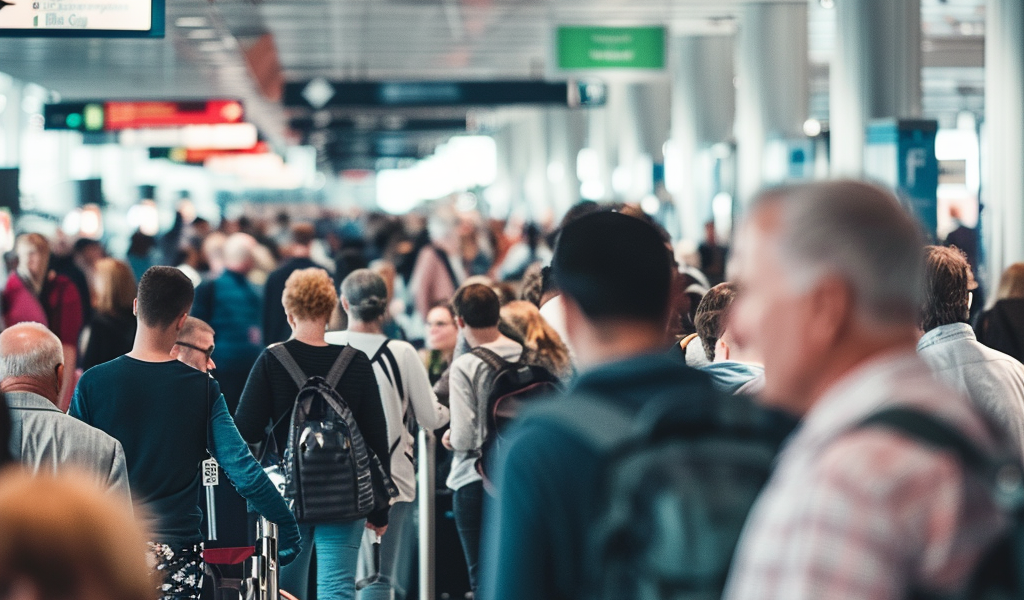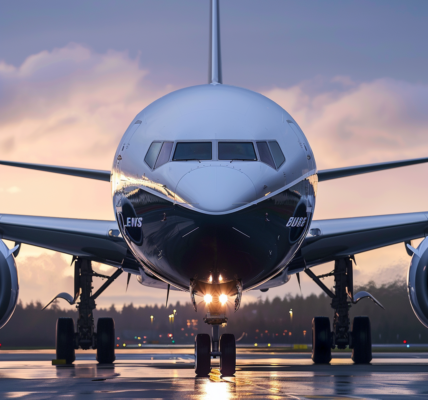India’s aviation industry is facing a potential crisis as Akasa Air, the country’s youngest airline, warns of soaring airfares if bilateral rights are not expanded. The airline’s CEO, Vinay Dube, expressed concerns about the current situation in markets like Dubai, where the existing bilateral rights have been fully utilized.
Under the current agreement between India and Dubai, a maximum of 65,000 seats per week in each direction is allowed. This agreement, which was last amended in 2015, dictates the number of seats or flights that airlines can operate between the two countries.
Dube emphasized the need for the Indian government to take action to prevent exorbitant airfares. He highlighted the potential consequences of not expanding bilateral rights, stating that failure to do so could lead to unreasonably high fares for passengers traveling to Dubai.
Despite acknowledging the importance of managing international traffic flow, Dube urged the government to prioritize the interests of Indian travelers and ensure that airfares remain reasonable. He expressed confidence in the government’s ability to address the situation effectively.
Akasa Air’s concerns reflect broader challenges faced by the aviation industry in balancing demand and supply, particularly in key international markets. As the industry grapples with evolving travel patterns and regulatory frameworks, the issue of bilateral rights remains a critical aspect of ensuring sustainable and affordable air travel.





